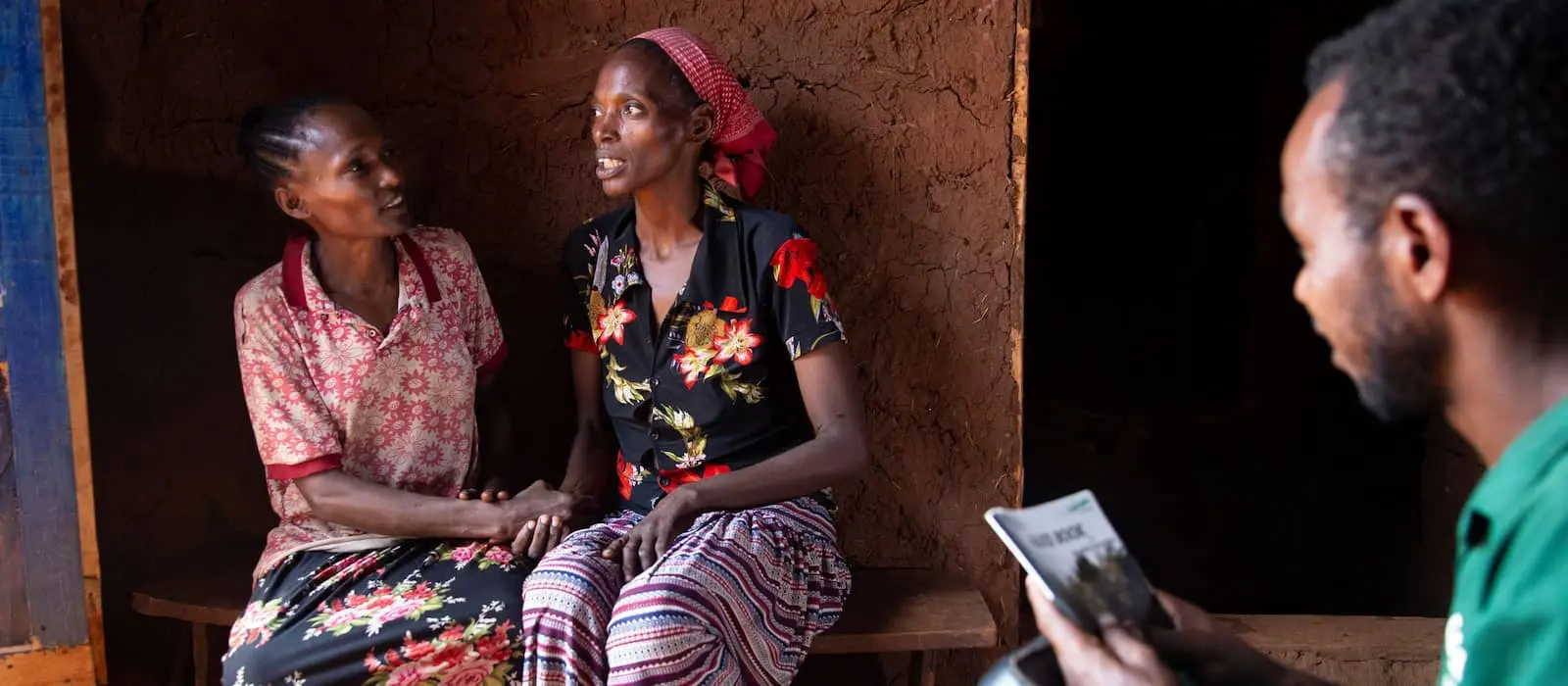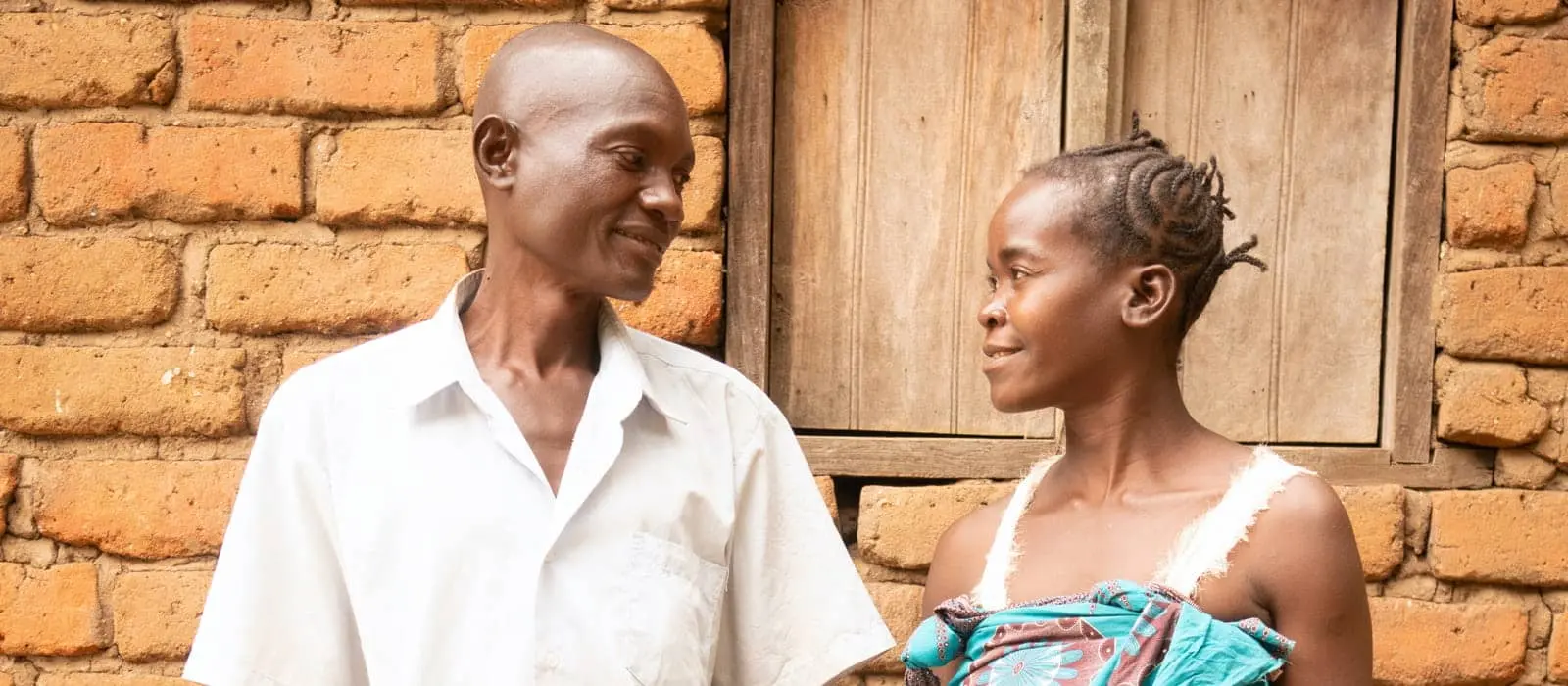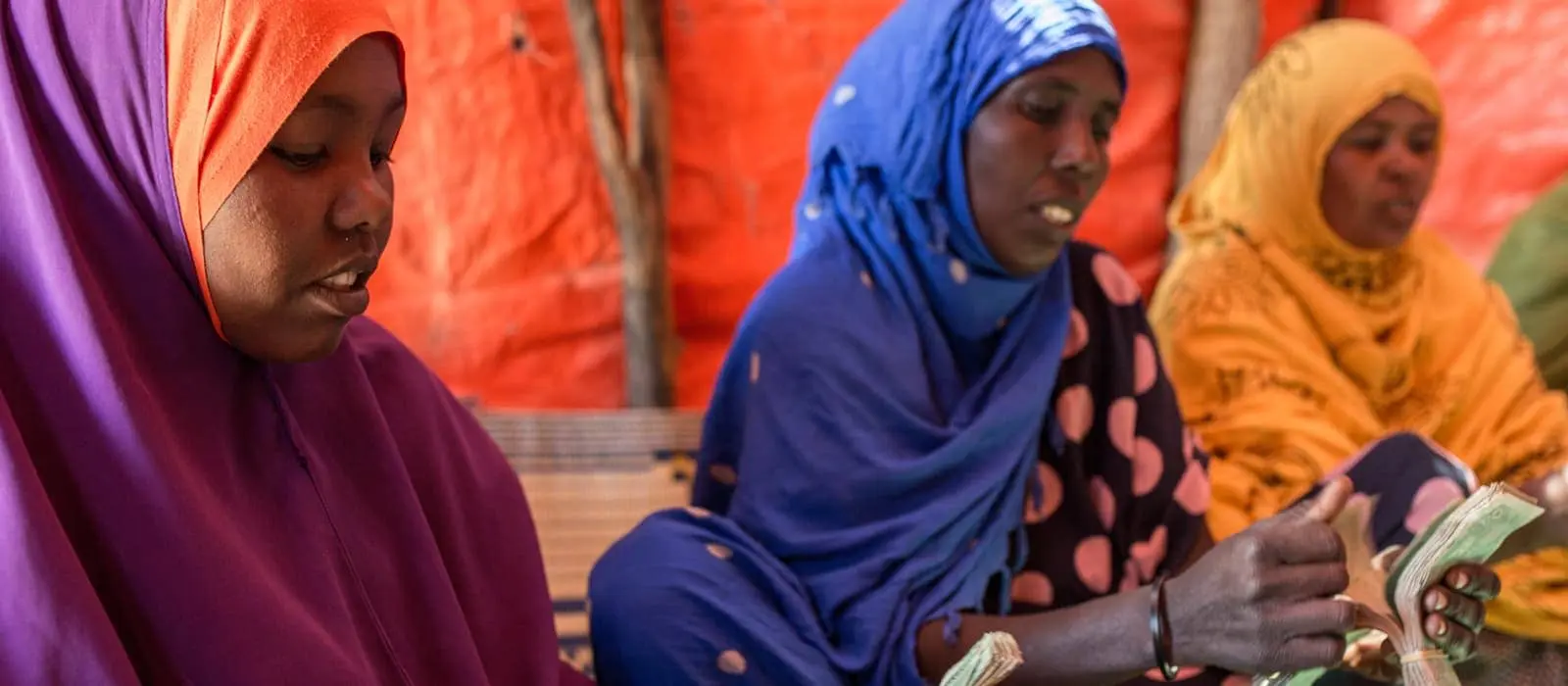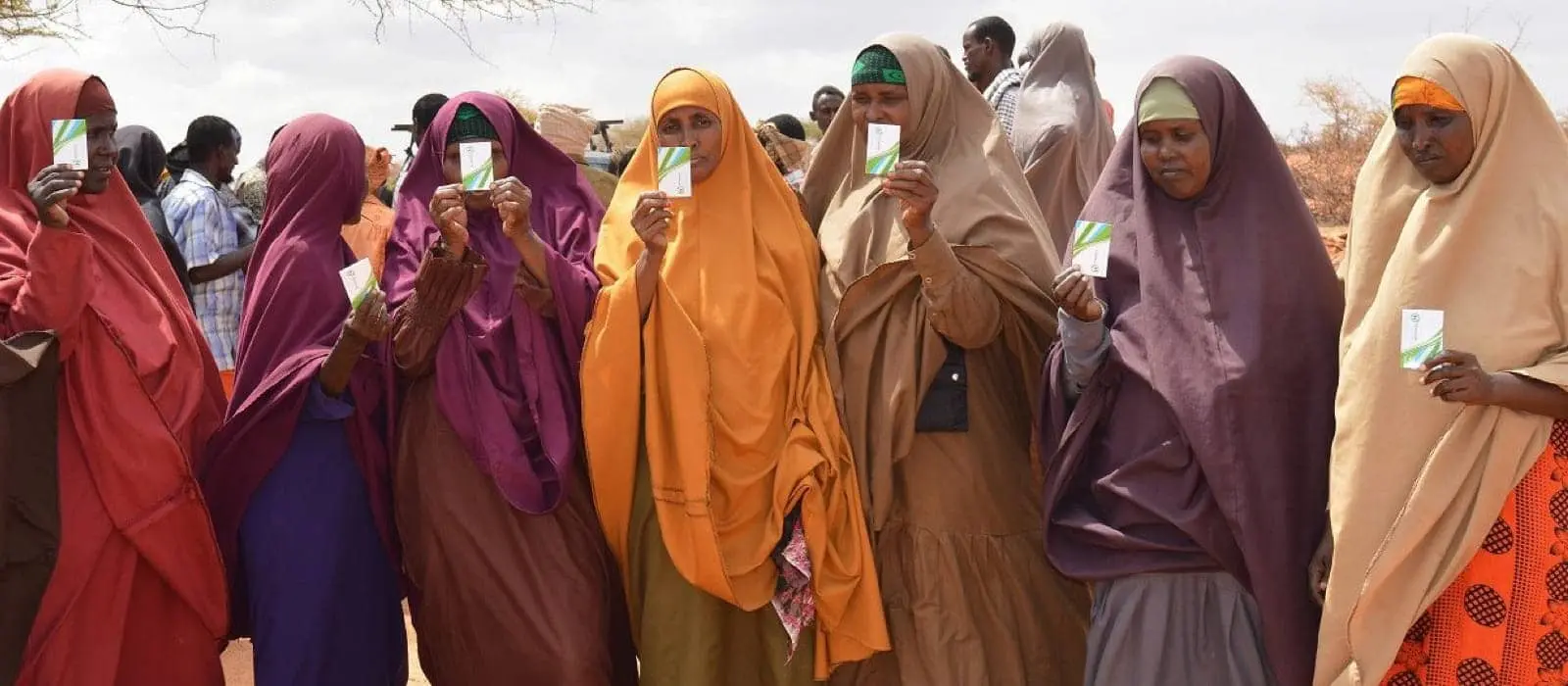The Challenge
Currently, over 648 million people — 8% of the world’s population — are living in extreme poverty. This means that these 648 million people lack basic assets or do not see a return on the assets they have. For these people, the circumstances that fuel the cycle of poverty are challenges that they are unlikely to overcome without help. Many have inherited this cycle from their parents. Many will pass it on to their own children.
While things like a good harvest or a period of positive work opportunity can benefit a family experiencing extreme poverty, it usually isn’t enough to bring them above the poverty line. And oftentimes, it only takes a poor harvest or a health scare to affect that status. The same is true for whole communities when faced with a natural disaster or political instability.
Many in this situation will cycle back below the poverty line and lack the education, training, and capital to weather the shock. This can make any effort to raise their standard of living a zero-sum game.
The Graduation Approach
The Graduation model was developed in 2002 by the Bangladeshi NGO, Building Resources Across Communities (now known as BRAC). Simply put, the program helps participants to “graduate” out of extreme poverty (hopefully) permanently.
It does so through its multi-pronged approach of helping families build the level of education, training, and funding needed to achieve financial independence. It’s described as a “targeted, time-bound, holistic, and sustainable” approach to addressing and breaking the cycle of poverty.
Although the cycle of chronic poverty stems from financial insecurity, it is not its only contributor. Because poverty is often supplemented by systemic and institutional barriers, Graduation’s integrated approach aims to target the issue from all sides — from social protection to social empowerment, and from financial inclusion to livelihood promotion.
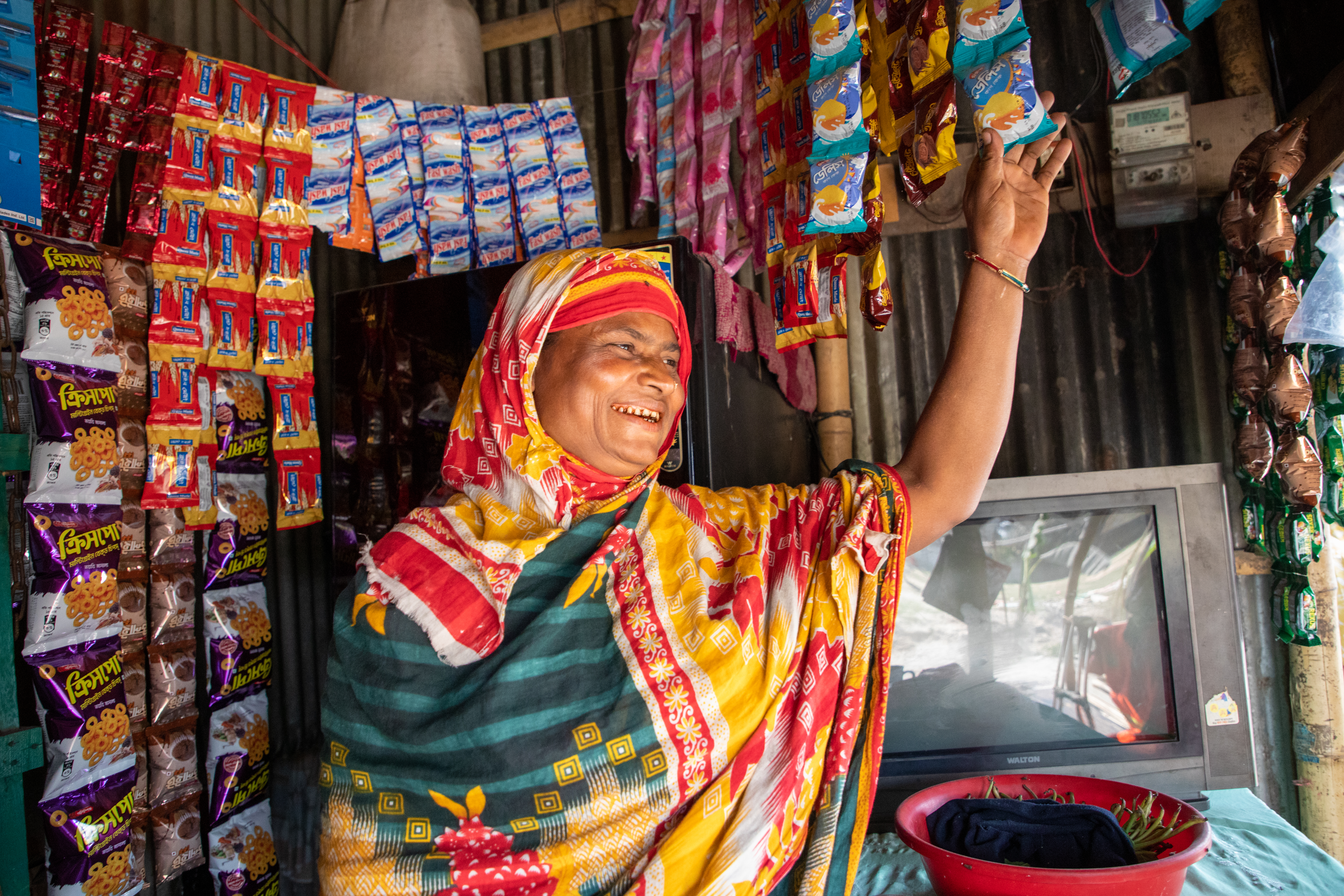
How it Works
The Graduation approach offers a package of support and training to families over a period of 18 months to three years. It begins with identifying the right individuals and communities with which to work.
First, Concern provides participating individuals with regular cash grants to help cover their basic needs and build financial resilience as they move through the program. Next, we work with participants to develop business and financial skills. Our goal is to help participants plan out their livelihoods and find a vocation based on their skillset and passions. After identifying a vocation, we then enhance that plan with technical and entrepreneurial skills training.
Once participants have the knowledge they need for the work they’re keen to do, we help them develop a business plan, which will enable them to apply for and receive capital grants, low-interest loans, or fixed assets. Graduation programs oftentimes include the creation of Community/Village Savings and Loan Associations. VSLAs are small, member-run microfinancing groups enabling those living in poverty to build savings and take out loans at low interest rates, all within and between their own community members.
Once a business is up and running, one of the key factors in the success of the Graduation model is regular mentorship and monitoring. Concern teams working with Graduation participants spend much of their time listening, advising, and encouraging families as they move from having a safety net to having a sustainable livelihood.
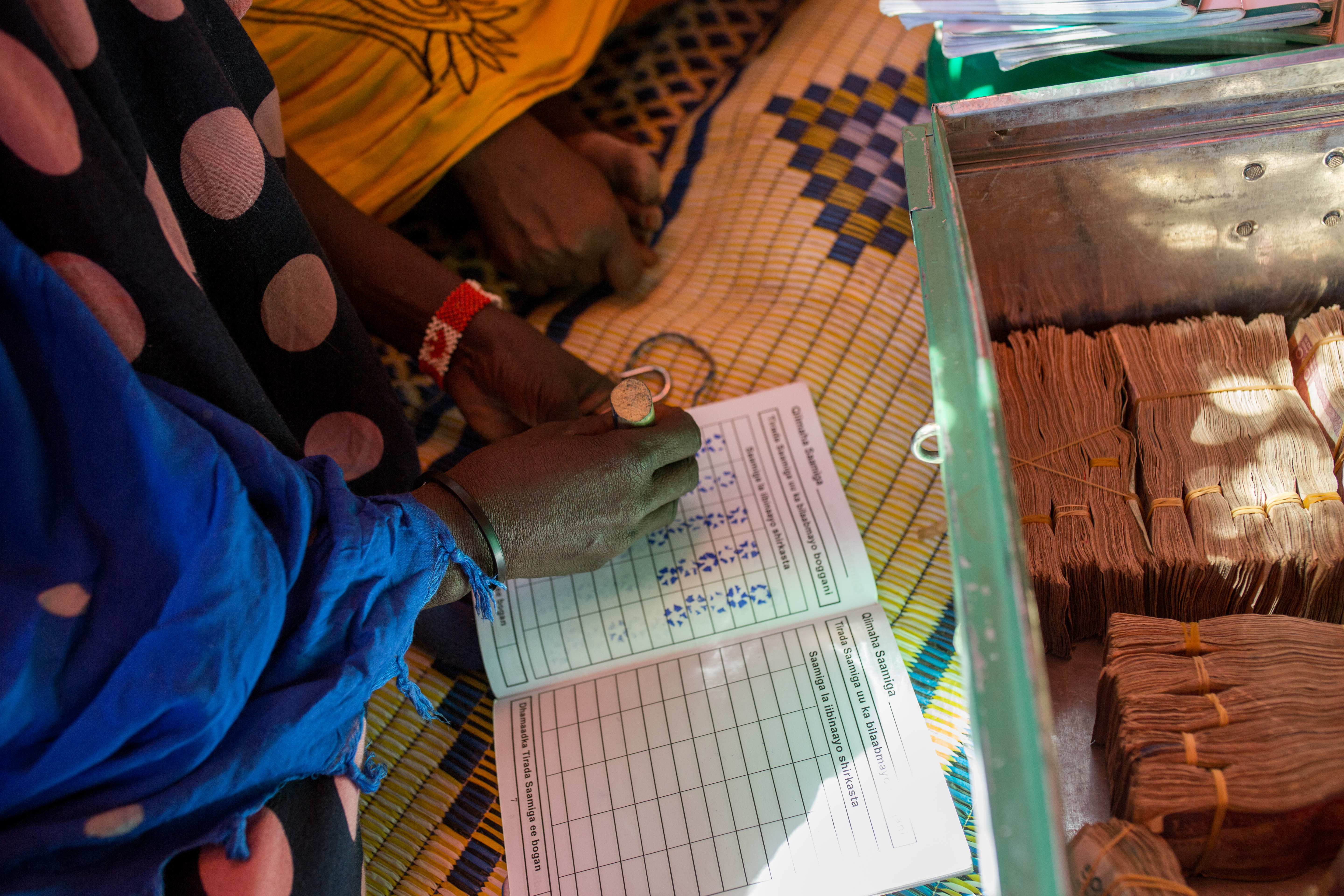
Graduation in Action
In 2007, we piloted our first Graduation program in Haiti. Over a decade later, our Graduation approach is found in programming spanning nine countries, directly reaching over 110,000 people.
Graduation has enabled Concern to tackle some of the relevant issues in communities through its integrated programming. From 2017-2021, we ran a tailored program in Malawi that fostered a community-wide approach to furthering gender equality within the targeted community. In Bangladesh we brought Graduation to an urban setting, to support the livelihoods and financial success of people living in informal settlements within urban areas. And in Ethiopia, our integrated livelihoods program used a Graduation approach to build both financial and food security. In the last year of the program, Concern reached 51,000 people in South Wollo and Wolayita, and surveys showed that participants were in a much more secure position since the start of the program in 2017.
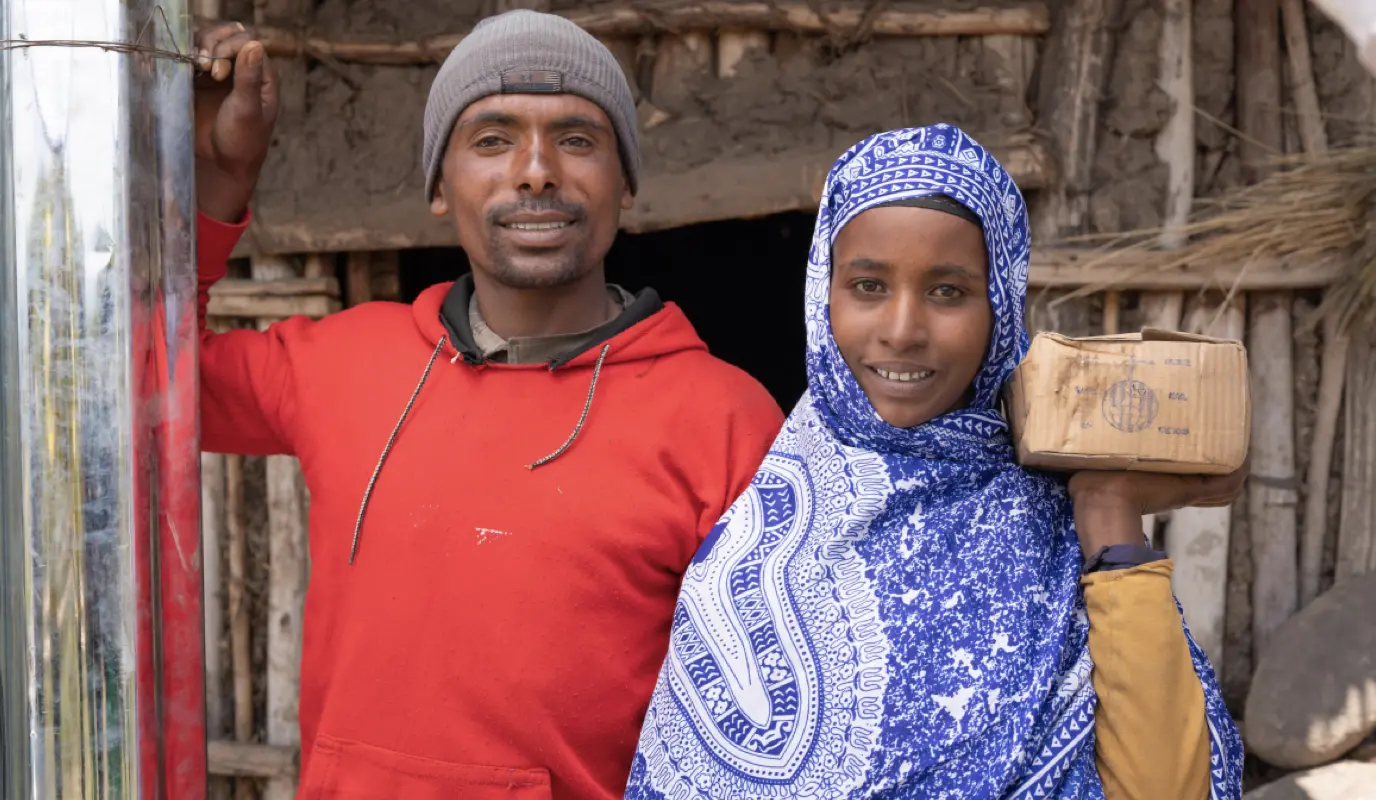
Graduation By The Numbers
Between 2017 and 2021 alone, Concern has seen success with the Graduation model in the following countries:
Burundi
22,400 people reached in the Cibitoke, Bubanza, and Kirundo provinces
Democratic Republic of Congo
6,000 people reached in Tanganyika Province
Ethiopia
28,170 people reached in South Wollo, Amhara Region, and Wolayta
Haiti
7,000 people reached in Cité Soleil, Port-au-Prince
Malawi
14,680 people reached in the Nsanje and Mangochi Districts
Rwanda
9,800 people reached in Gisagara District, Southern Province
And that’s in just five years. Your tax-deductible gift to Concern allows us to reach more families with programs like Graduation, which give them the tools and guidance they need to change their lives — for good.

